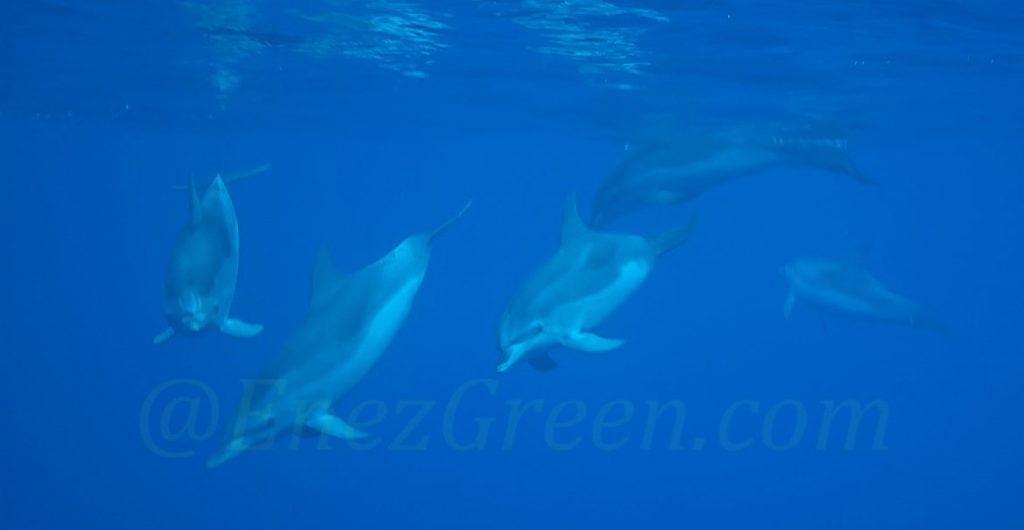The US Navy was authorized to harm nearly 9.6 million marine mammals during sonar exercises and underwater detonations of high intensity
This is a real victory for cetaceans and their advocates.
The US Navy has agreed to limit its use of sonar that may inadvertently harm whales and dolphins in waters near Hawaii and California.
Under its five-year plan for training and testing, the Navy was permitted to harm whales, dolphins, and other marine mammals nearly 9.6 million times while conducting high-intensity sonar exercises and underwater detonations.
The U.S. District Court, District of Hawaii, found in April 2015 that the National Marine Fisheries Service – the agency charged with protecting marine mammals – violated multiple requirements of the Marine Mammal Protection Act and the Endangered Species Act when agreeing to the Navy’s plan.
A federal judge in Honolulu signed the deal between the Navy and environmental groups on last Monday.
It restricts or bans the use of mid-frequency active sonar and explosives used in training exercises.
Campaigners say that sonar disrupts the feeding of marine mammals, and can even cause deafness or death.
An explosives training exercise in San Diego four years ago killed four dolphins, Earthjustice lawyer David Henkin said when announcing the agreement.
He said the deal means:
- The Navy cannot use sonar in a well-known habitat for beaked whales between Santa Catalina Island and San Nicolas Island
- Sonar is banned in a blue whale feeding area near San Diego
- Sonar and explosives training is banned on the eastern side of the Big Island in Hawaii
- The number of major training exercises between Maui and the Big Island will be set
- Any injuries or deaths will be investigated by the National Marine Fisheries Service
The hope, said Mr Henkin, is that these safe havens will bring down the number of injuries and deaths to marine wildlife.
Mass strandings of whales are often blamed on sonar driving the mammals ashore by emitting some sort of traumatising signal.
The deal brings to an end legal cases launched by Earthjustice and other environmental groups against the fisheries service for allowing the military training.




